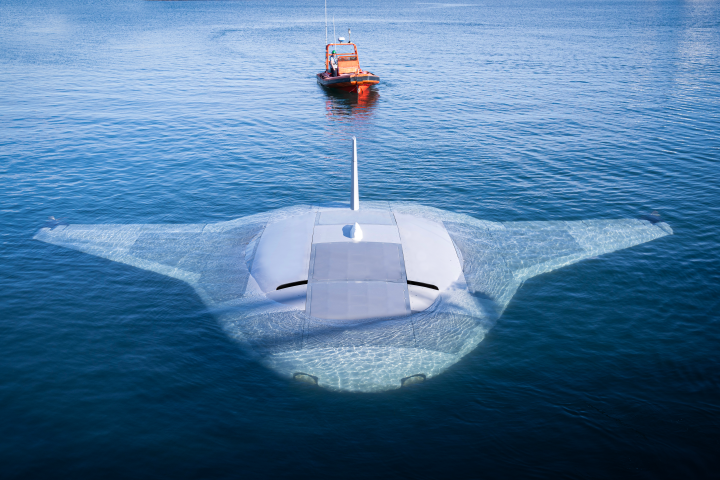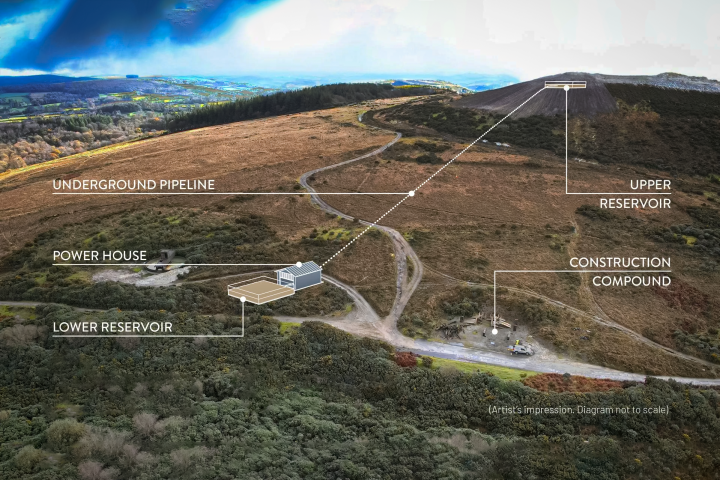There has been a flurry of research in recent times examining the links between sugar-free soda and obesity. Many have pointed the finger at artificial sweeteners for having counter-intuitive effects that actually cause weight gain instead of preventing it. But what if the actual carbonation in soda was having an effect on increasing waistbands, regardless of the sugar content?
A recent study conducted at the Department of Biology and Biochemistry at Birzeit University in the West Bank set out to explore the effect of carbonated beverages in relation to the body's production of a hormone called ghrelin. Secretion of the hormone ghrelin has been linked to feelings of hunger and has previously been shown to activate appetite.
The first part of the study examined four groups of rats. Each group was given a different category of beverage for over a year: tap water, a degassed carbonated beverage, a regular carbonated beverage and a diet carbonated beverage. Each rat had its weight and food consumption closely monitored, and levels of ghrelin in the blood were regularly tracked.
The results showed that the rats consuming carbonated beverages, either diet or regular, gained weight at a faster rate than rats on the same beverage but degassed. They also saw that the rats consuming the carbonated beverages generally increased their overall food consumption compared to the rats drinking the degassed beverage or the tap water.
When examining the rats ghrelin levels it was found that the rats on carbonated beverages, again either regular or diet, secreted significantly higher levels of the appetite-producing hormone compared to the rats drinking water or degassed beverages.
The researchers then extrapolated their study into human subjects, taking 20 male students, and examined their blood ghrelin concentrations one hour after meals consumed with different beverages. Compared to water, a six-fold increase in ghrelin concentration was seen when a carbonated beverage was consumed. Furthermore, a three-fold increase in ghrelin was seen when consuming a degassed carbonated beverage compared to meals consumed with any carbonated beverage, even carbonated water. So, they essentially saw lower blood ghrelin levels in subjects that consumed degassed regular sugar-filled soda compared to those that consumed plain carbonated water.
The study makes a pretty definitive claim by the end, with the researcher's writing, "These results implicate a major role for carbon dioxide gas in soft drinks in inducing weight gain and the onset of obesity via ghrelin release and stimulation of the hunger response in male mammals."
The contentious part of the study comes when the researchers attempt to infer a causal connection between the two primary observations in their research. If carbonated beverages are indeed causing an increase in the release of the hormone ghrelin, then how could that be?
The research hypothesizes that when one ingests a carbonated beverage the pressurized carbon dioxide comes into contact with the stomach wall, resulting in a release of ghrelin through a process called mechanosensation.
While the study raises some compelling questions it is by no means definitive, or even clear, in its results. The initial experiments were only conducted on rats and the human follow-ups were very limited in their scale and scope.
The ultimate relevance of ghrelin levels in relation to adult obesity has not been studied and the lifestyle factors connected to people who tend to drink fizzy drinks must be taken into account.
Ultimately, the study raises more questions than it answers, so it's certainly not a sign anyone out there should switch their drink of choice from plain carbonated water to flat Coca Cola, despite the study's potentially hyperbolic conclusion.
The research was published in the journal Obesity Research and Clinical Practice.
Source: Birzeit University




![The Ti EDC [everyday carry] Wrench is currently on Kickstarter](https://assets.newatlas.com/dims4/default/0ba225b/2147483647/strip/true/crop/4240x2827+0+3/resize/720x480!/quality/90/?url=http%3A%2F%2Fnewatlas-brightspot.s3.amazonaws.com%2F59%2Fb2%2F6a6fdd0348a8bfdad88bbcefec53%2Fdsc03572.jpeg)